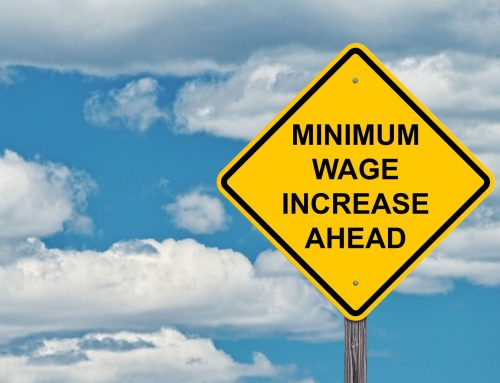Changes to Casual Employment 2020 and Workforce Planning Reviews
The recent Federal Court decision on ‘permanent casual’ work should have every business owner rethinking the structure of their workforce. With these changes to casual employment 2020, do your casual employees satisfy the criteria for ‘casual’ employment? What actions do you need to take? Do you know what your obligations are as an employer? Do different awards have different obligations?
In the past, there has been a perception that employing someone on a casual basis is easier. Employers then don’t have to worry about leave entitlements. If work reduces, they can terminate the casual employee without any complicated conversations about redundancy and notice periods. From a management perspective utilising casuals under labour hire agreements is seen as much simpler.
From the employee’s perspective, they are often ‘happy’ with getting an extra 25% leave loading pay in their pocket, upfront under a casual arrangement. However, this ‘happiness’ dissipates considerably when it comes to the Christmas shutdown, extended periods of illness and general fatigue because of no time off and away from the workplace.
Now businesses really need to think about their casual employees and the ‘casualness’ of the employment relationship. Is that relationship working for both employee and employer?
How Can Bramwell Partners Help Your Business with the Changes to Casual Employment 2020?
At Bramwell Partners we often work with businesses around Workforce Planning. A Workforce Planning review considers the needs of the business and focuses on identifying a team structure to meet those needs. When we conduct workforce reviews, we often find that casual employees are working regular and consistent hours – often over a period of some years. When you crunch the numbers, more often than not, we identify that the business would be better off financially if they were to engage the employee on a Full Time or Permanent Part-Time basis.
The push back from management includes concerns about ‘being stuck with’ an underperforming employee, the challenges of covering workload during leave periods and the ‘cost’ of managing employees. The general consensus is that “it’s just easier”. But is it really?!
If an employee is not deserving of a permanent employment relationship, are they really deserving of a casual position? Keeping an employee on a casual arrangement just because it is easier to terminate them when they underperform is ineffective and may be deemed as a breach of the Fair Work Act.
Our Commitment
Our commitment to our clients is to help them manage underperformance, through a Performance Development System and Performance Improvement Plans. We also advise and can facilitate with any disciplinary process, and in the worst-case scenario, termination discussions that follow due process according to the Fair Work Act and modern award regulations.
When a business takes a strategic look at their workforce and considers their future workload pipeline, succession planning and growth opportunities, there are more than just financial benefits to converting the casual employees to more permanent arrangements. We recommend that this strategic review happens every six months, and at the very least annually. This is because, under most modern awards, a “regular casual employee” can request to convert their employment if they have worked:
- for a period of 12 months or more; and
- a pattern of hours on an ongoing basis, which the employee could continue to perform as a full-time employee or part-time employee (as applicable), without significant adjustment.
The Value of Full-time and Permanent Part-Time Roles
In some recent workforce reviews, we have conducted, we have made recommendations for the business to transfer the casual workforce to a series of Full Time, Permanent Part-Time and Fixed Term employment agreements. When we presented these offers of work to the employee’s they were genuinely appreciative, some even to the point of being emotional, to be provided with the proposal. These feelings had nothing to do with money. The employees felt valued! The employees felt like they were finally a real part of the team. These employees are now more committed to their employer than before. The business now has a more committed, passionate, engaged and productive employee, at a decreased weekly cost.
There really is an opportunity for a win-win here.
Casual employees do have their place in our workforces. But now more than ever, with the changes to casual employment 2020 going into effect, businesses need to consider if a casual employment arrangement is the right choice for the business and if they are placing the business at risk of Fair Work breaches. Casual employees are extremely important to businesses to assist with fluctuating workload and intermittent customer demand. However, if the nature of the casual employment engagement is not one that fluctuates, is irregular and inconsistent, then it is time for a strategic review.
If you are unsure if your business is exposed to the risk of a claim or would like to learn more about how the recent changes to casual employment 2020 might affect your business, get in touch with our HR consulting Brisbane team to conduct a Workforce Planning Review today.






